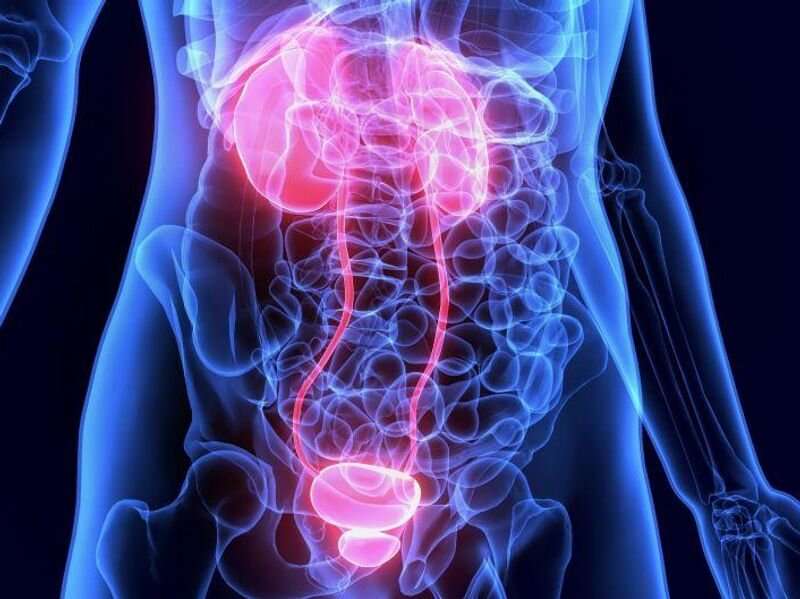

For patients with upper tract urothelial cancers (UTUCs), the novel therapeutic UGN-101 seems to be effective, with an acceptable safety profile, according to research published online Nov. 22 in Urologic Oncology.
Solomon L. Woldu, M.D., from the University of Texas Southwestern Medical Center in Dallas, and colleagues conducted a retrospective review of all UGN-101 cases from 15 institutions, focusing on practice patterns, efficacy, and adverse effects. A total of 136 renal units treated from 132 patients were included, with most cases being biopsy-proven low-grade UTUC.
The researchers observed considerable variation in practice patterns; antegrade instillation via a percutaneous nephrostomy was the most common administration technique. Sixty-nine percent of patients were disease-free at the time of first endoscopic evaluation when UGN-101 was utilized in the adjuvant setting, while 37 percent were endoscopically clear on the first evaluation with UGN-101 use in the chemoablative setting.
In patients with smaller tumor size prior to UGN-101 induction, complete response was higher; a 70 percent complete response was seen in association with low-volume (<1 cm) residual disease. Twenty-seven percent of cases reported use of maintenance doses. New-onset, clinically significant ureteral stenosis had an overall incidence of 23 percent.
“Patients with upper tract urothelial cancers are often left with the choice of lifelong dialysis or untreated cancers,” Woldu said in a statement. “This drug has enormous potential to save them from either of these fates.”
Two authors disclosed financial ties to biopharmaceutical companies, including UroGen Pharma, the manufacturer of UGN-101.
More information:
Abstract/Full Text (subscription or payment may be required)
Copyright © 2022 HealthDay. All rights reserved.
Source: Read Full Article